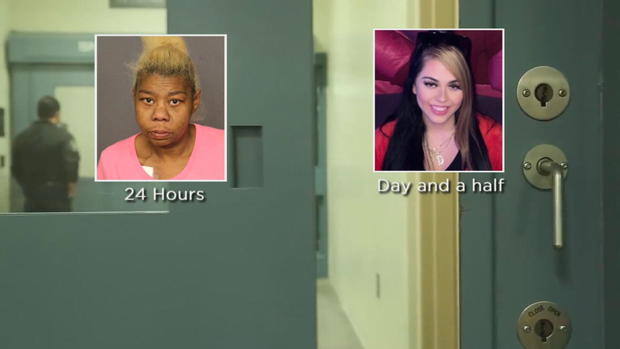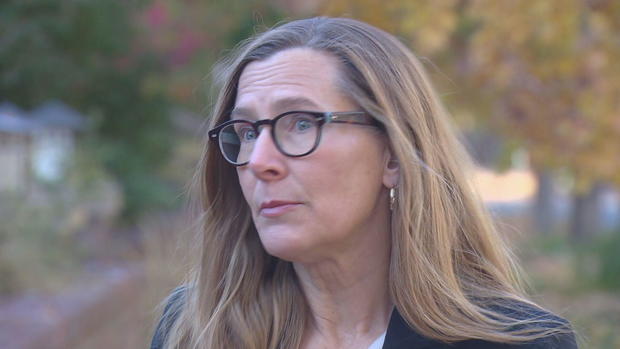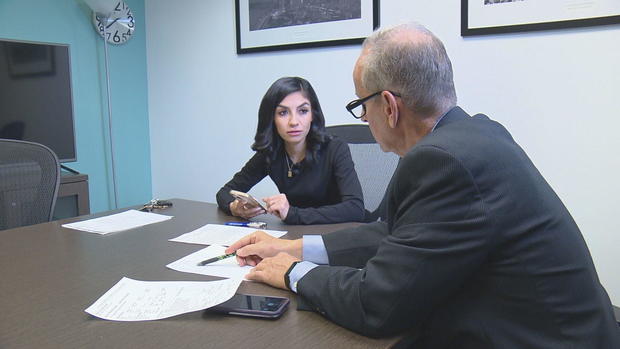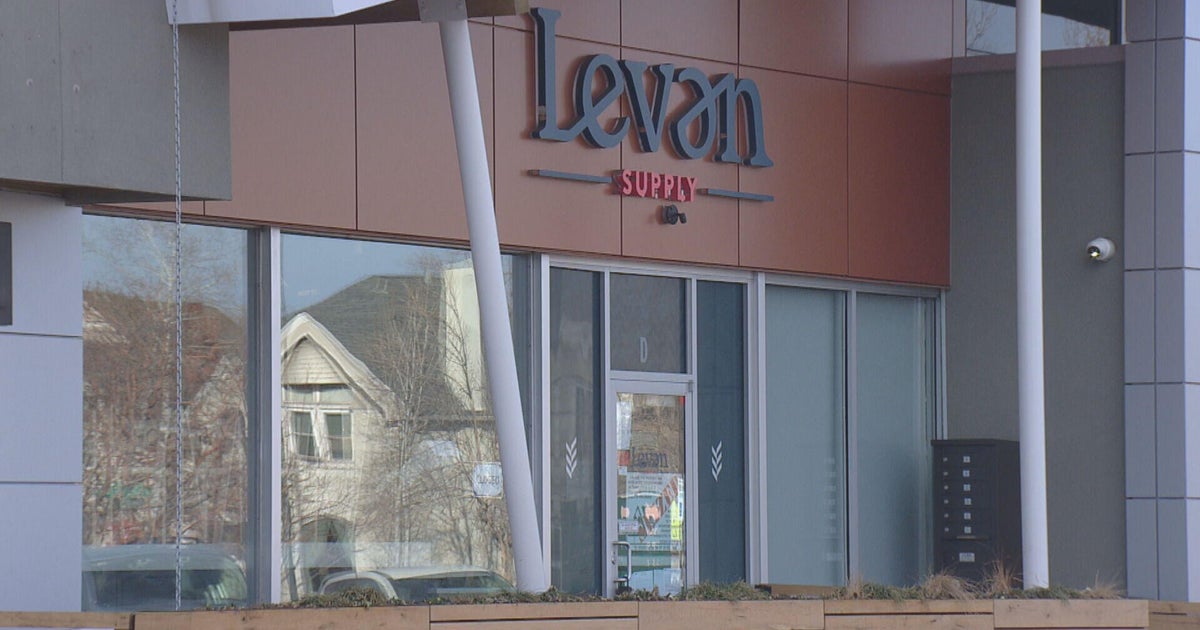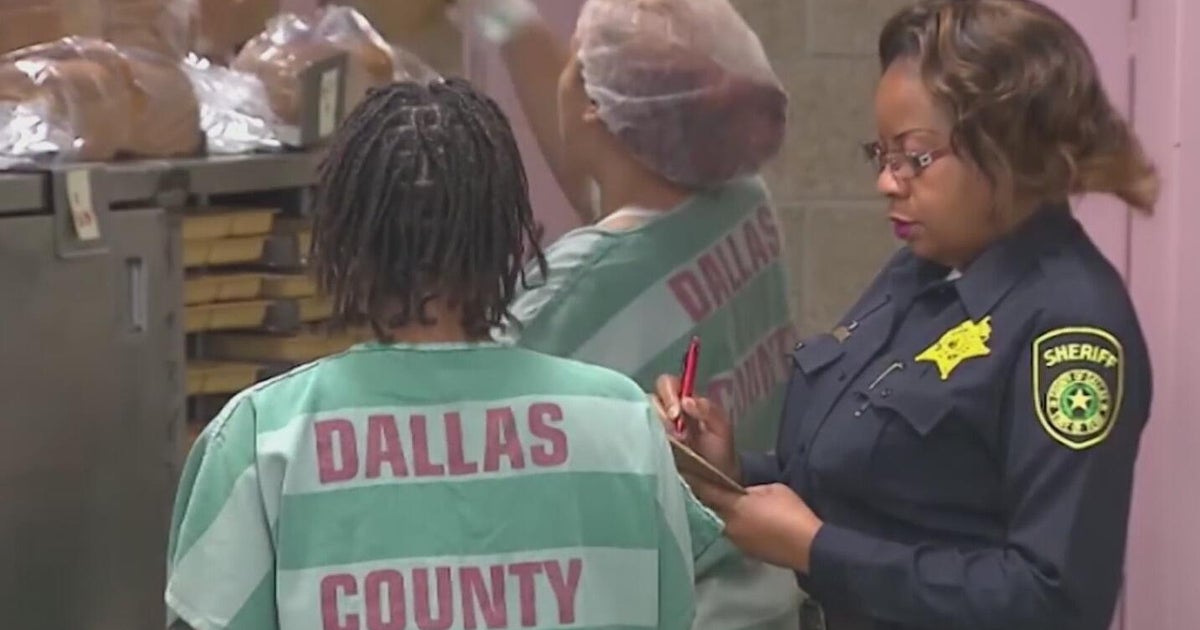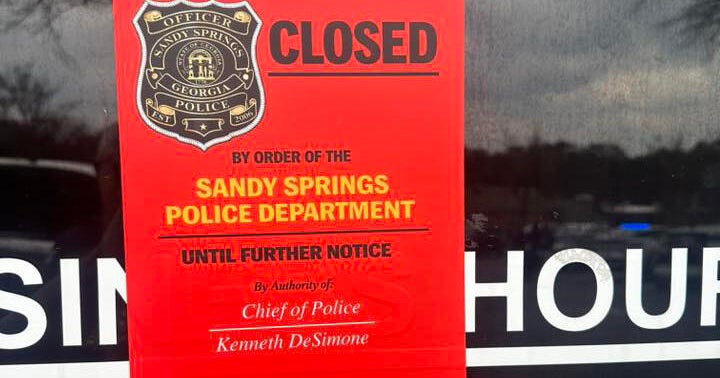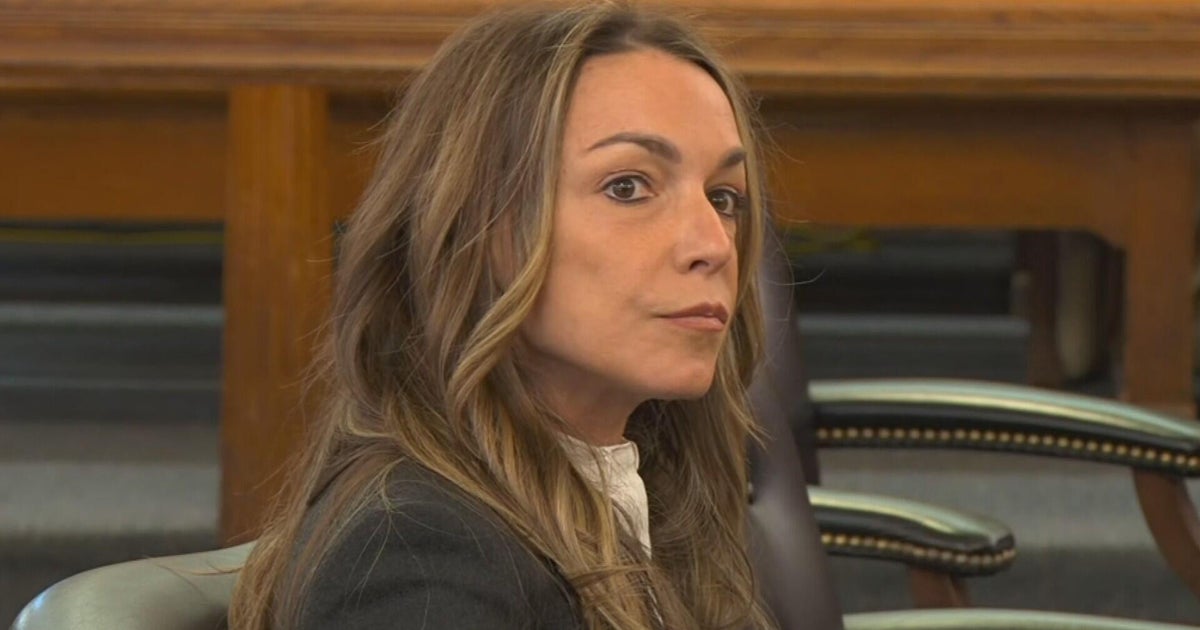Denver Jail admits inmate releases 'unintentionally delayed'
A CBS News Colorado investigation has found the Denver Sheriff Department delayed the release of at least two jail inmates, blaming the extended incarceration on the department's own staffing shortages.
"It's illegal," said Mandarin Bowers, an attorney with the Colorado Criminal Defense Bar.
The two inmates - Deja Fresquez and Cassandra Shabazz - were arrested in separate cases and then booked into the Denver Downtown Detention Center around the weekend of Oct. 15, according to court records.
In both cases, judges set bonds for the women - $3,000 for Shabazz, who was arrested on an outstanding failure to appear warrant from Adams County for a 2017 impaired driving case; and $25,000 for Fresquez, who was jailed for investigation of a robbery charge.
But when bail bond agent Nicole Martinez said she was ready to post bond for each of the women, Denver deputies told her she could not post bond since they had not been able to process the women and clear their fingerprints.
"They were seen by a judge, given a bond and now they're sitting in custody," said Martinez.
She said deputies told her they were too short-staffed to process and release the women. Colorado law says a sheriff "must" release a defendant within six hours after a cash bond has been set and the defendant (or bondsman) notified the jail that bond is prepared to be posted.
According to Martinez and various court documents, Fresquez sat in jail for roughly 30 more hours before deputies could process her bond and release her, and Shabazz spent about 24 hours in jail when Martinez attempted to post her bond, well beyond what the law requires.
"A person who has been arrested for pre-trial detention is not guilty. They're innocent and innocent until proven guilty, and you don't hold an innocent person behind bars without letting them bond, without telling them why they're not being allowed to bond- that's what's wrong with that," Bowers told CBS News Colorado. "If we can't trust the government to do what they're supposed to do and release people on bond as the law says they have to, how do we trust them with our rights?"
The Denver Sheriff Department confirmed CBS News Colorado's findings calling what occurred, "an extraordinary circumstance."
Denver Sheriff Elias Diggins declined to be interviewed but released a statement saying, "It was determined that DSD was extremely short-staffed in the Records and Release Units due to the unanticipated resignation of two Records Unit deputies and one deputy who was unable to work as scheduled due to a medical issue. This resulted in an extraordinary circumstance that impacted our ability to get bonds posted, so that individuals could be released."
A department spokesperson said they did not want to be interviewed since they anticipated potential legal action over their non-release of inmates.
"This is like three days of someone sitting in custody, being held because the jail doesn't have enough staff there to process their fingerprints," said Martinez. "There's no reason this should have happened. No reason."
While DSD administrators suggest this was an isolated occurrence, Martinez called it 'an ongoing issue with Denver'. She said most other jails along the Front Range follow the law and release detainees within six hours of being notified the inmate is ready to post bond.
The Denver Sheriff Department said it "is committed to ensuring that steps will be taken to prevent this from happening in the future including modifying staffing assignments to address unanticipated staffing shortages in the Records and Release Units."
The short-staffing has plagued DSD for years. Recently, the department said about one-third of its deputy positions are vacant and as a result, all staff members work mandatory overtime. Additionally, if staffing falls below minimum levels, inmates are locked in their cells for longer periods of time.
Bowers said the Colorado Criminal Defense Bar continues to monitor what happened and is open to hearing from any other people who were denied bond processing.

